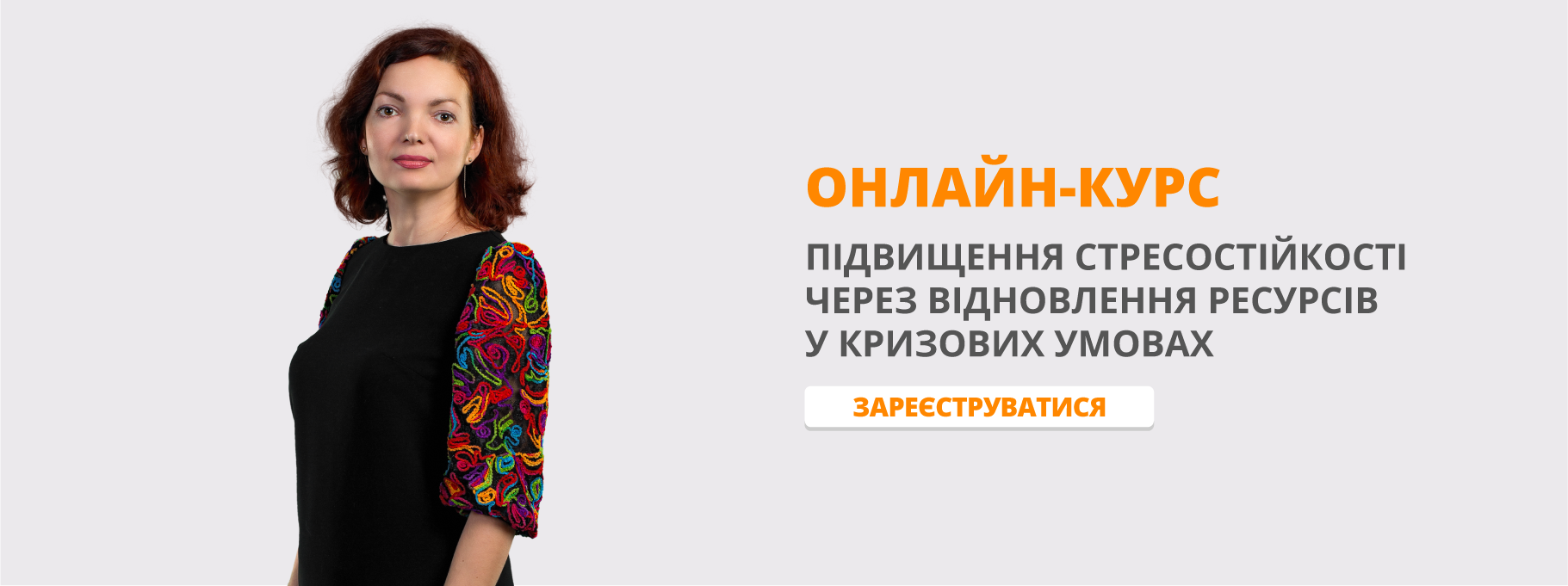Текст для формування навичок читання до теми " Mass media in Great Britain."
Read the following text and do the True / False activity that follows it.
Press and broadcasting in Great Britain
Great Britain is really a newspaper reading nation. More national and regional daily newspapers are sold in Britain than in most other developed countries. National newspapers have a total circulation of 14.2 million on weekdays and 16.2 mln. on Saturdays. There are about 130 daily and Sunday newspapers, over 2000 weekly newspapers and some 7000 periodical publications. There are also more than 750 free distribution newspapers, mostly weekly and financed by advertising, and some 60 newspapers and magazines produced by members of the ethnic minorities. The press is free to comment on matters of public interest, subject to law( including that of libel ). There is no state control or censorship of the press, which caters for a variety of political views, interests and levels of education. Newspapers are almost financially independent of any political party. None f the main political parties own or publish daily newspapers. There is a Press Complaints Commission which deals with complaints by members of the public and provides a more effective press self- regulation and prevention intrusion into privacy. All the national newspapers use computer technology, and its use in the provincial press is increasing.
Twelve national morning daily papers ( 5”qualities” and 7”populars” )are available in most parts of Britain.
Broadcasting
British Broadcasting has traditionally been based on the principle that it is a public service accountable to the people through Parliament. It also embraces the principle of competition and choice. Three public bodies are responsible for television and radio services in Britain:
- the BBC – the British Broadcasting Corporation which broadcasts television and radio services;
- the ITC – the Independent Television commission which licenses and regulates the non-BBC TV services, including cable and satellite services;
- the Radio Authority which licenses and regulates all non – BBC radio services.
Television viewing is Britain’s most popular leisure pastime: practically all households have TVsets and most have video recorders.
The Government is not responsible for programme content, nor for broadcasters’ day-to-day conduct of business. The independence of broadcasters requires them to maintain certain standards: programmes must display a proper balance and wide range of subject matter, and impartiality in matters of controversy. They must not offend good taste.
The BBC has 2 national TV channels and 5 radio services. It also broadcasts in 37 different languages of the world and its audience is about 120 mln. people.
Decide whether the following statements about the text you have read are true or false.
1. British people read more newspapers than people in the USA.
2. All newspapers in Britain are sold and bought.
3. Practically each ethnic minority in Britain publish their newspaper.
4. Libel in mass media is persecuted by the law.
5. Both newspapers and TV broadcasting are censored by the state.
6. Practically all British major political parties publish their own newspapers.
7. The Press Complaints Commission is concerned with the prevention of intrusion into privacy.
8. All activities of the BBC are based on the principles of choice and free competition.
9. A Special Government commission is responsible for the content of the programmes and impartiality in matters of controversy.


про публікацію авторської розробки
Додати розробку
